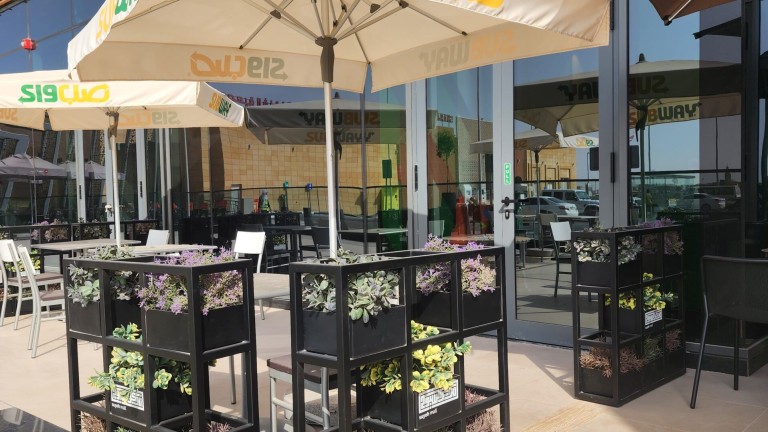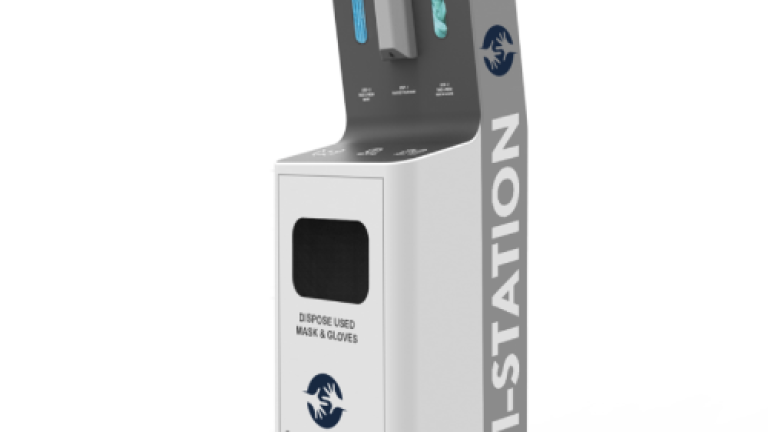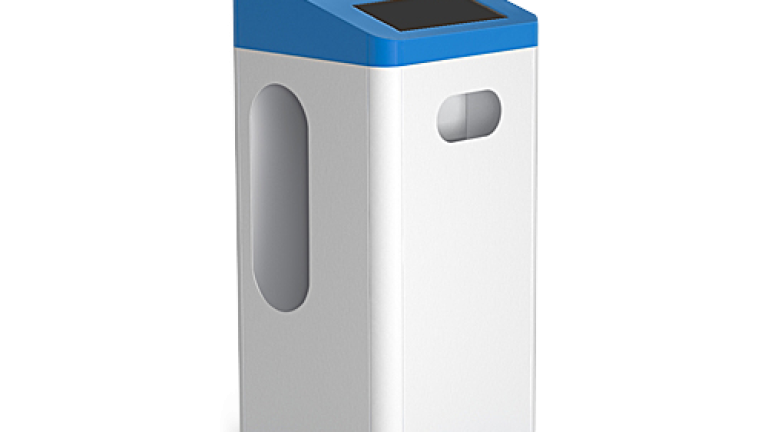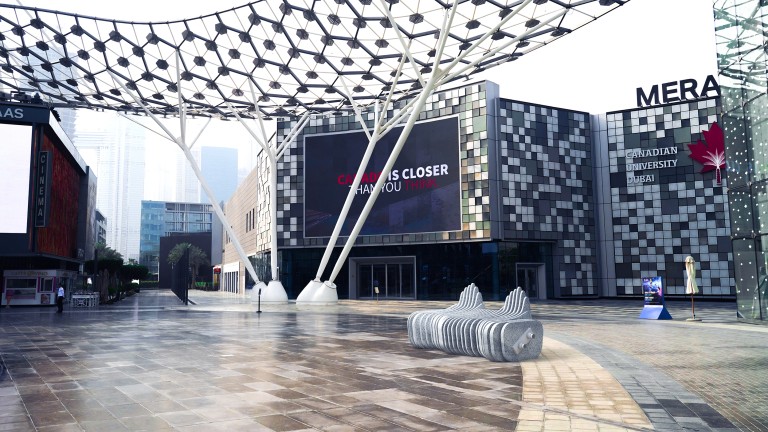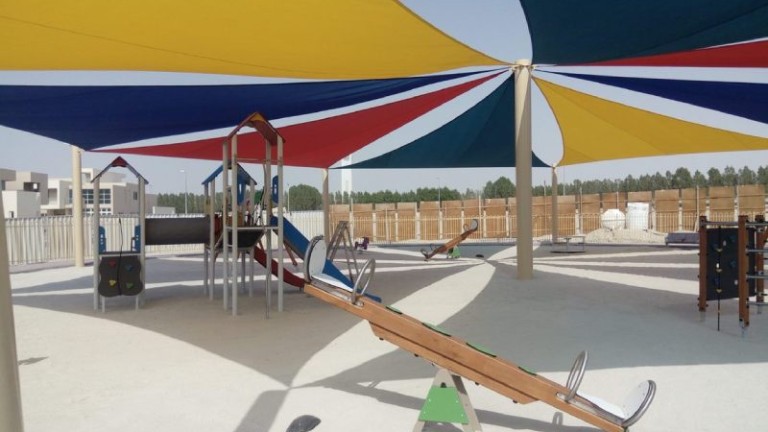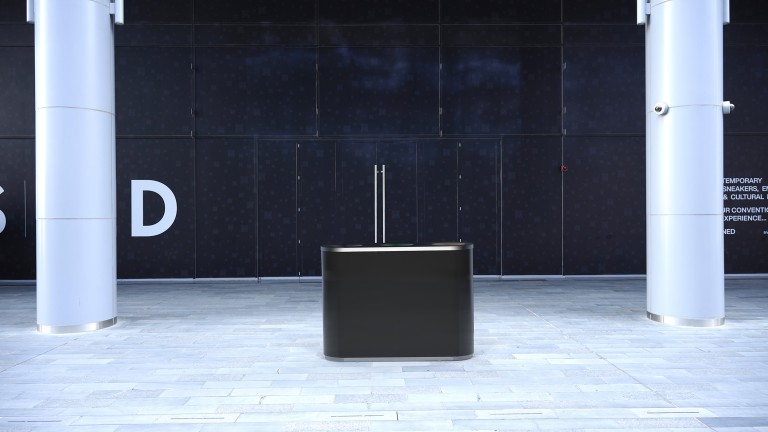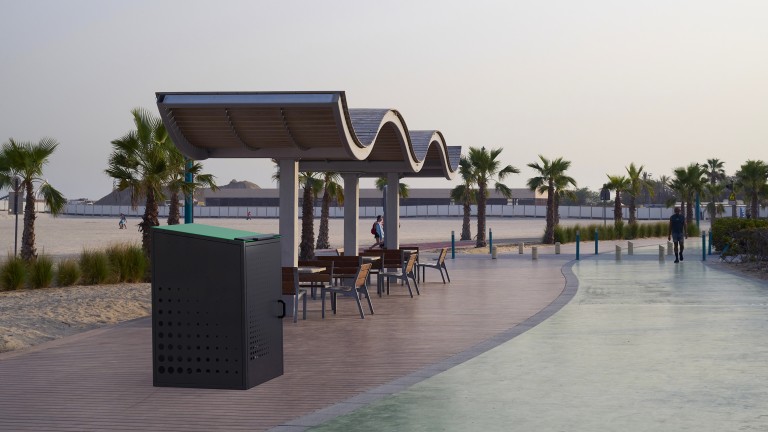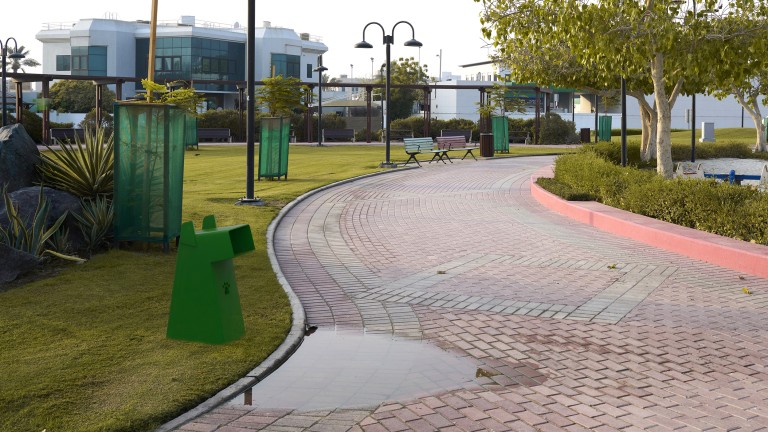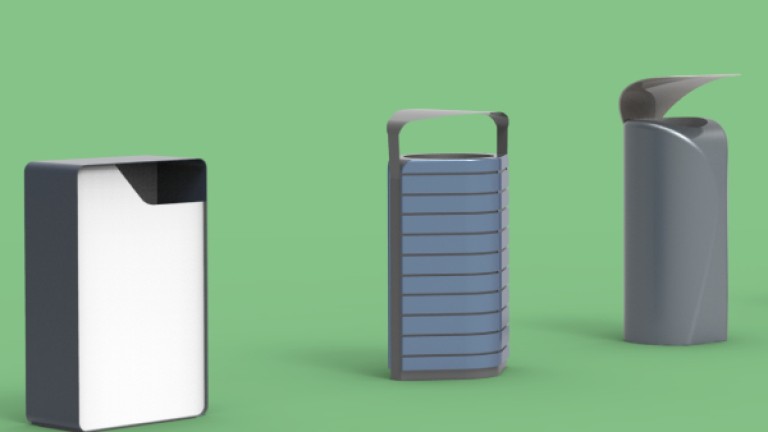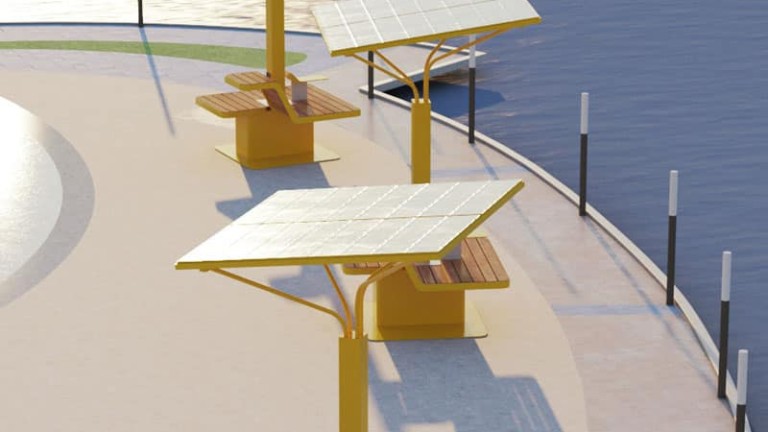Introduction
Recycling has become an increasingly important practice as the world grapples with the issue of waste management. Recycling bins play a crucial role in facilitating proper waste segregation and collection, contributing to a cleaner and more sustainable environment. This case study focuses on the design and manufacture of customised steel recycling bins for a client, adhering to a structured three-phase process.
Client Requirements
The client, a leading waste management company, sought to develop a range of recycling bins that met specific requirements. These included:
- Durability: The bins needed to be robust and withstand the rigours of daily use in various environments.
- Functionality: The bins should be designed for easy waste segregation and collection.
- Aesthetics: The bins should have a modern and appealing design that complements various settings.
- Customisation: The bins should be customisation to accommodate different waste streams and client branding.
Design Process
To address the client's requirements, a three-phase design process was implemented:
Phase 1: Research and Concept Generation
The first phase involved thorough research to understand the client's needs, industry trends, and user preferences. This included analyzing existing recycling bin designs, identifying potential challenges, and exploring innovative solutions. Based on the research findings, various concept sketches and 3D models were generated.
Phase 2: Design Refinement and Prototyping
The second phase focused on refining the designs based on feedback from the client and internal stakeholders. This involved iterative design reviews, incorporating ergonomic considerations, and ensuring compliance with safety standards. Prototypes were developed to test functionality, aesthetics, and overall usability.
Phase 3: Finalisation and Documentation
The final phase involved finalising the designs, preparing detailed production drawings, and developing comprehensive technical specifications. This ensured that the manufacturing process would adhere to the approved designs and quality standards.
Manufacturing
The manufacturing of the customised recycling bins involved a rigorous process that ensured adherence to the highest quality standards. The process included:
- Material Selection: High-grade steel was selected for its durability and resistance to corrosion.
- Cutting and Forming: Precision cutting and forming techniques were employed to create the desired shapes and dimensions.
- Welding and Finishing: Advanced welding techniques were used to ensure structural integrity, followed by a smooth and durable finishing process.
- Quality Control: Rigorous quality control measures were implemented throughout the manufacturing process to ensure consistency and defect prevention.
Outcomes
The successful design and manufacture of the customised steel recycling bins resulted in several positive outcomes:
- The bins met the client's specific requirements for durability, functionality, aesthetics, and customisation.
- The bins contributed to improved waste segregation and collection practices, promoting sustainability.
- The project strengthened the relationship between the design firm and the client, leading to further collaboration opportunities.
Conclusion
This case study demonstrates the successful application of a structured design process in developing customised recycling bins that meet specific client requirements and contribute to sustainable waste management practices. The project highlights the importance of collaboration between designers, manufacturers, and clients to achieve desired outcomes.
